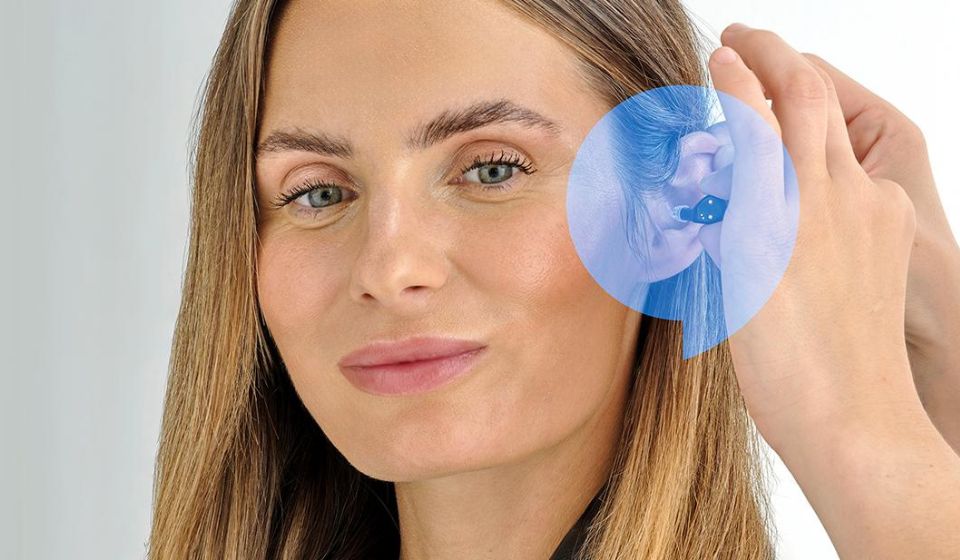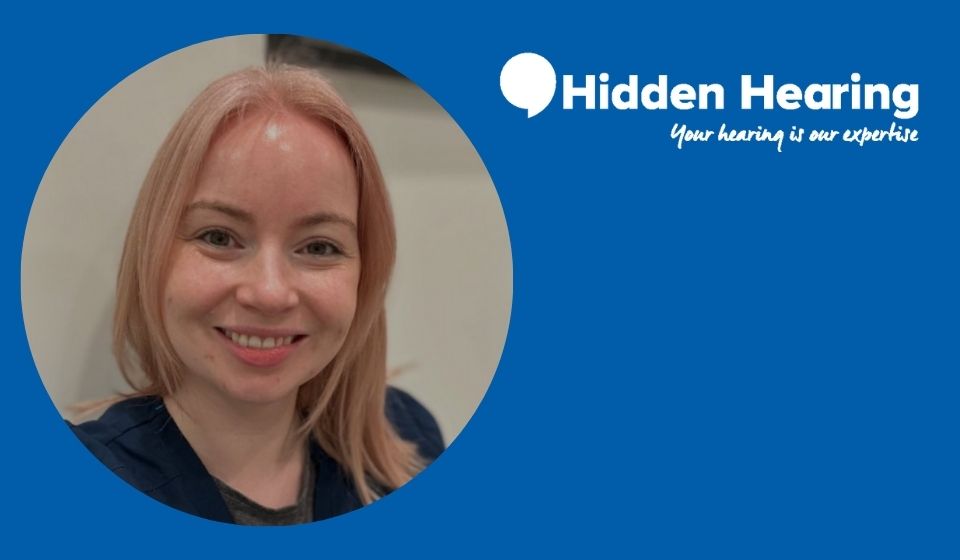The telephone – A modern invention with a colourful past
For more than 170 years, the telephone has bridged substantial physical distance, connecting families, friends and businesses around the world. Although many people credit Alexander Graham Bell with its invention, the original concept and much of the technology used represents the cumulative work of men like Robert Hooke, Charles Boursel and Innocenzo Manzetti. While working as a Professor of Elocution at Boston University, Bell created the ‘harmonic telegraph’, filing an application for patent in 1876. That same day, and within hours of Bell’s submission, a fellow competitor, Elisha Gray, filed a patent caveat of similar design. A bitter legal battle ensued as both parties made accusations of spying, patent infringement, and perjury. Despite ruling in favour of Alexander Graham Bell in 1988, to this day several historians consider the court’s decision to be a miscarriage of justice.
Who said ‘Talk is Cheap’?
Costing an extravagant $3,995 and offering 30 minutes talk time, the first commercial telephone was a luxury reserved for the super-rich. Since then, technological, functional, aesthetic and ergonomic improvements, and significant cost reductions, are responsible for the proliferation of telephones.Over the course of time, the humble telephone has become indispensable to individuals, businesses and governments the world over. More recently, it was proven to be the hero of the pandemic, keeping families and loved ones communicating during numerous lockdowns. If you would like information on Hidden Hearing’s special phone for the hard of hearing, call our team on 1800818808 today.
Telephones for the deaf and hard of hearing
Although modern-day phones are smart, cordless and mobile, I cannot help but think that if Alexander Graham Bell was alive today, he would be particularly impressed by the adaptation of his invention to assist people who are hard of hearing. His own mother was deaf, and as an active member of the deaf community, he tutored deaf children during his lifetime. It’s incredible and ironic to think that an invention designed to transmit sound, could be altered for people who are hearing impaired.
How do hearing impaired telephones work?
People with hearing loss often employ visual senses to compensate for reduced or absent sounds, reading lips and facial expressions to assist their interpretation of a conversation. The recent mandating of face masks in public settings has created a visual barrier for those who are hard of hearing and people, especially those with untreated hearing loss, are struggling to understand and make sense of conversations. So how does a telephone for the deaf or hard of hearing work?
Phones are adapted to include a host of features that include ring and voice amplification. Assistive listening technologies capture the sounds users want to hear, filtering out background noise. Often people with hearing loss have difficulty hearing high-frequency sounds. Adapted phones enable frequency personalisation so that users can adjust the frequency to their unique needs. Many phones are also compatible with hearing aids. Moreover, people with hearing loss can be soft-spoken, and some phones offer outgoing voice amplification so that call receivers can hear clearly.
Other features and benefits of phones for the hard of hearing
In addition to the aforementioned features, phones for the deaf and hard of hearing can include speakerphone and cordless functions, large display buttons which are particularly helpful for older adults, SOS and memory buttons, so that individuals can preprogramme frequent contact information into their device. Some phones offer photophone templating so that users can add pictures to memory buttons for ease of communication. These are ideal phones for hearing impaired seniors. Visual ring indicators with flashing lights can draw attention to incoming calls and caller ID lets people know who is phoning in advance of lifting the receiver. Let’s not forget the importance of an inbuilt answering machine; this feature is invaluable should you fail to make it to the phone on time or be out and about when a call comes through.
How to find the best phone if you are hard of hearing?
If you have hearing loss and wish to purchase a specialist phone, here are a few essential things to consider:
Are you forgetful?
If so, a cordless phone might not be suitable, as you may neglect to return it to the cradle and it is likely to go out of charge. Also, memory buttons are beneficial if you find it difficult to remember phone numbers.
Is your eyesight impaired, or do you wear strong prescription glasses?
A phone with large buttons is a worthwhile consideration if your eyesight is compromised. Programmable memory buttons with images help to identify frequent contacts and facilitate easy communication.
Are you slow to get to your feet or do you require a walking aid?
An answering machine is imperative for people who might struggle to make it to the phone on time. Also, consider a cordless extension that you can carry around the house with you.
Do you talk a lot on the phone and for long periods?
If so, you might not want to be tethered to a landline. A cordless phone or one with a speaker function will allow you to relax and take calls from various locations around your home.
Do you struggle to hear the phone ring?
Choose a phone with a loud ringtone so that you can hear incoming calls, and make sure that you opt for a device with an answering machine, so that you can retrieve messages, should you fail to hear the phone ringing. Visual indicators or flashing lights can also help to signal that the phone is ringing.
Do you wear a hearing aid?
Make sure that the phone you purchase is compatible with your hearing aid so that you can avoid removing and refitting hearing aid devices when you receive or make a call.
Make sure that the device you choose fits your immediate needs and anticipate your future needs, as your hearing health may deteriorate further.
Choose a model that does not have the digits on the receiver. People often inadvertently press the numbers while talking, which can interrupt conversation and lead to confusion. Also, if the phone digits and functions are separate to the receiver, you can easily adjust the phone settings to your needs while in conversation.
If you would like to know more about specialist phones for the hearing impaired, freephone 1800818808 or email info@hiddenhearing.ie

![[OPT] corded and cordless amplified phones with large buttons and digital display](https://assets-we.rt.demant.com/-/media/project/retail/hidden-hearing/ie/blog/banner---960-x-540/xweb2-blog-08-phone-960.jpg,qrev=59d22eaf9680426bbb4bf22b1f5da127.pagespeed.ic.n_ZjcLfyH5.jpg)



